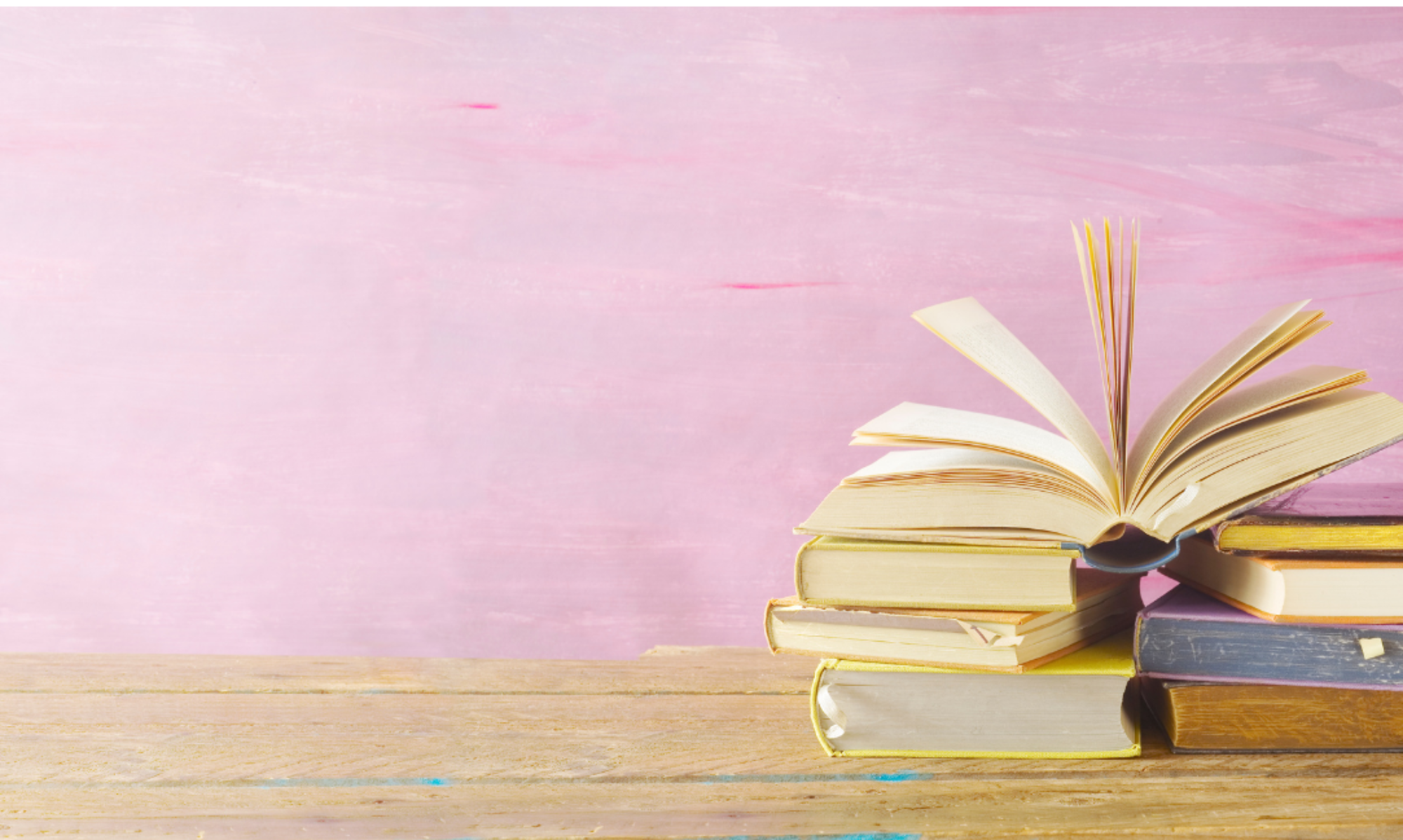
Страна: Новая Зеландия
Киа Ора!(на языке народа маори означает «привет»)
Я, Нара Уилсон, ландшафтный дизайнер, антрепренёр, путешественница. Мои родители — оба учителя — привили мне любовь к иностранным языкам и страсть к приключениям.
В раннем детстве писала стихи. Когда мне исполнилось 16 лет, несколько моих стихотворений напечатали в местной газете . Я решила, что моя цель достигнута и начала писать прозу… 🙂 Путешествую, посещая новые места в Новой Зеландии и пишу приключенческие новеллы на русском и английском языках.
Country: New Zeland
Kia Ora! (in Maori it means «hello»)
I am Nara Wilson, landscape designer, entrepreneur, traveler. My parents – both teachers — imparted in me a love of foreign languages and a passion for adventure. I wrote poems in my early childhood. When I was 16 years old, a few of my poems were published in a local newspaper. I decided that goal of mine was achieved and switched to writing prose … 🙂 I travel as much as I can, visiting new places in New Zealand and write adventure novels in Russian and English.
Where are you rushing to, blue tuk-tuk?
The airplane had landed in Urumqi, in the Northwest reaches of the Celestial Empire. I passed the customs inspection, and claimed my baggage from the Tashkent flight. I quickly rechecked my large bag and got my next boarding pass. I had some time to kill but I’m not fond of waiting in airports. I needed some adventure… outside in the real air of China.
At the terminal exit, I met a crowd of obliging Chinese and Uighurs, who are ready to take you anywhere. The crowd quickly dissolved in a myriad of directions until I was standing as the lone foreigner at the airport door.
I shook my head at the offer of each taxi driver who approached me. “Thank you, I’m only in transit,” I thought to myself, but didn’t know how to say it in Chinese. My next flight would not be until that evening. There was enough time, I decided, to explore the neighborhood nearest the airport. As I was being guided by a young Muslim man towards the first car in the taxi line, I took a deep breath of the air. I was relieved to be back in China, even though I had five hours more to travel to Shanghai.
I asked the driver to take me in the direction of the city and hoped he understood my primitive Chinese. We left the airport pavement and rumbled along an ancient cobblestone road. I reflected on my discovery that the best way to change the ideas about yourself and people is to go to a country that is opposite to your beliefs about life. This, for me, is the treasure of China at the end of the Silk Road.
The Chinese are fundamentally different from us, Europeans. We are seen as too serious and controlling, while they are unpredictable, quick to passion, and ever ready to take advantage of an opportunity. Like their hieroglyphic language, they are efficient with their actions and make do with what is at hand. Chinese don’t understand why “laowai”, meaning “old outsiders”, are so complicated and hard to please. The Chinese make foreigners uncomfortable by invading their personal space and shading the truth if they feel a lie achieves their immediate goal. Foreigners expect a high level of trust in all the people they deal with, while Chinese are raised to trust only members of their inner circle of relatives and close friends. Having been in China for three years, I had learned to accept their simple morals. I knew that I would always be a curious outsider to all Chinese, except, perhaps, my closest friends.
As the taxi rumbled away from the airport, I was amazed by all the new construction I could see. Urumqi, like much of China, is being built or renovated every minute. With tremendous speed, new hotels, factories and residential quarters seem to spring up like mushrooms after a rain. Construction sometimes takes the form of abstract figures, or mimicks living flowers, which display the endless fantasy of the creators. I wondered if soon there would be any of graceful ‘old China’ left that had formed the terminus of the famous Silk Road caravan route from Europe. When we arrived at a park adjacent to a peasant market, I got my driver to stop with an emphatic “ting!”
I began my exploration with a walk in the park. I noticed a sculpture made of twigs and carnations, an outlandish colour palette, but primarily a combination of scarlet and emerald. It reminded me of a bird of paradise I once saw in the Tashkent zoo. I passed around the structure and came across a stall. As is often the case in China, it was hard to tell what the stall was selling; was it a shop, a restaurant, or tattoo parlour?
“Ni hao”, said a pretty young Chinese woman as I slowed to take in her wares.
She smiled and invited me into her modest establishment, opening her arms widely and gracefully bringing her fingers together, as in a lotus bud. This to me was a familiar gesture of hospitality.
“It’s decided”, I commanded myself, “I’m staying with her!”
I bought juice, and when I was almost finished the bottle, she brought ice cream. I exclaimed in English, “You are a mind-reader!” but my hostess just smiled demurely and waited for any more requests. I paid her for the snacks, then sat down in the shade of the canopy on the metal bench attached to a table. I praised myself for a successful choice of haven. The marketplace beyond the stall was quite crowded and windy, so her stall saved me from the exhausting heat and bustle.
The shopkeeper brought some peaches and a small washing bowl and put them on the table in front me. A nod of her hand indicated that this is a treat for me. I was confused and tried to refuse, but she persistently pushed the fruits closer. She said a few words of encouragement to me in Mandarin. The merchant, apparently, was bored to be alone, and was glad to have my company. Well, I don’t mind eating fresh peaches! As I washed a peach, as you should always do in China, I repeated my thanks to her. “Xiexie ni”.
My hostess settled down in front me and took a peach for herself, but did not take her eyes off me. I sensed that she had not met many Westerners and was curious about what sort of creature I am.
“Wo jiao Nara,” I said, pointing to myself. I continued in English, “My name is Nara. What’s your name?”
My benefactor caught my meaning and replied “Lin Siyu”.
“Piao liang” I said, smiling, indicating that her name sounded lovely. I raised my arm and spread my fingers. When I said “Lin” she laughed at my recognition that her family name means “tree”.
At this point our verbal communication ended, having exhausted my simple Mandarin and exceeding Lin Siyu‘s grasp of English. I was pleased to meet this generous young woman who was not the aggressive type of shopkeeper I had often endured in eastern China.
“Xie xie”, I repeated gratefully when all the fruit had been eaten.
My thanks, though, didn’t seem to me to be enough. I took the laptop out of my bag. As Lin Siyu looked quizzically at me, I quickly selected a favorite tune to play. Lin Siyu’s beaming smile rewarded my boldness, so I increased the volume until the energetic dance music was flowing out into the market. Soon, several shoppers approached the stall to listen to this exotic music and I told them it is a Russian song called «Katyusha«.
While Lin Siyu served other customers, I enjoyed being something of a DJ with more tunes from my laptop. Lin’s shop became busier: drivers stopped for bottled water, housewives bought fruit and flowers, and two children dragged their father to the ice cream cooler. When there was a lull in the trade, Lin Siyu sat beside me with unconcealed delight and gave me a new name “Narapengyou” — friend Nara. To my surprise, the Chinese woman left me alone with her precious money box when she went in the back of her stall. It should not have surprised me that she returned with a container of superb Xinjiang-grown pistachios and filled my hands to overflowing.
She saw me glance curiously at the gap in the curtain in the back of her shop. She stood up and beckoned me to follow her. On the threshold sat a live duckling. He did not move when I walked past and I noticed a piece of twine around his leg to keep him from fleeing. “A ridiculous, silly fellow”, I thought to myself, “someone will crush you by accident!” In the semi-chaotic storage area of the stall, Lin Siyu showed me many of her wares but I couldn’t recognize many of them, and couldn’t ask, either. I nodded appreciatively with each new item. She tried to offer many things to me, so I had to smile and mime that I would be flying later to Shanghai, while saying “bu xie xie” over and over. I had to finally accept a selection of Xinjiang nuts from her, which would travel well.
Absolute serenity was in the air as I sat again in the front of the stall. The heat of the day was now past and it was much quieter, as if people and animals had accepted the conditions that fate granted them that day. I, myself, felt very content for the first time since I had had to travel back to Uzbekistan a week ago to renew my Chinese visa. I found myself asking …
“What am I looking for and why am I jumping from one place to another? Why do I so quickly walk into the unknown?”




